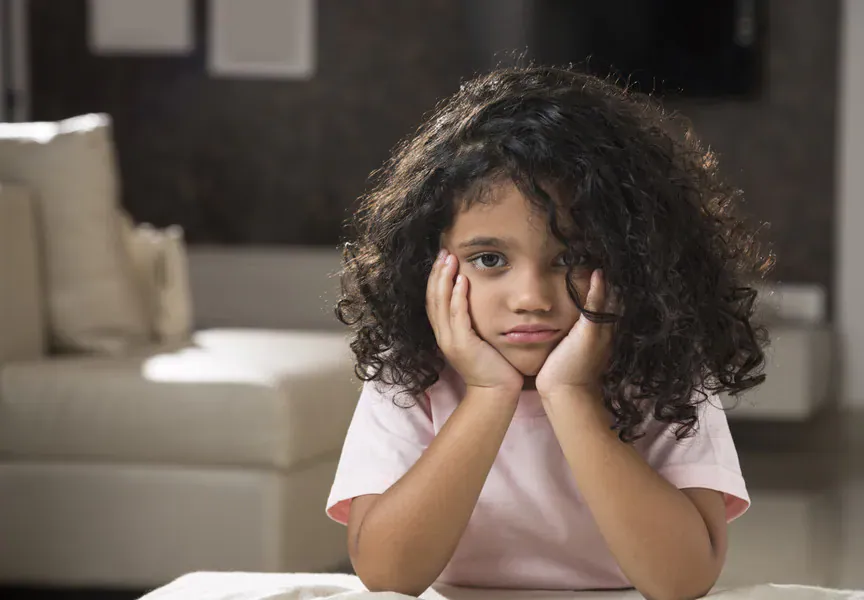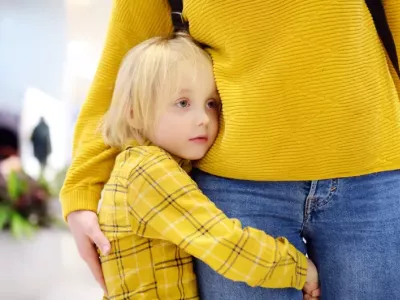Handling School Vacation Boredom… Without Screen Time Overload!

Ahh, school vacation time. The first day or so may feel like sheer relief for children and teens. Finally, the end of an especially stressful year. Parents, too, may breathe more easily without the pressure of having to get kids to complete their schoolwork.
But it may not take long until kids start to feel like there’s nothing to do. With no friends or school activities to fill up their time, they may turn to the most obvious option: computers, devices, and TV.
While this will probably stop the frequent complaint of “I’m bored”, being glued to a screen all day and half the night is not good for kids’ physical and mental health.
WHAT DO I DO WHEN THE KIDS SAY ‘I’M BORED’?
Is it a parents’ job to fix the problem if kids are sighing loudly, rolling their eyes and complaining about having nothing to do?
Well, yes and no. For your child’s or teenager’s healthy development, you’re trying to achieve a balance here. Bored kids sometimes find trouble to occupy them, so you want to help make sure they have interesting things to do. It’s also a chance for them to learn or take part in hobbies or things they’re interested in that they don’t get to cover in school.
On the other hand, it’s not realistic nor good for your kids if you become a take on the role of full-time entertainment provider! It’s also important not to fall into the trap of thinking you have to spend a lot of money on activities whenever kids don’t know what to do.
Strengthen your child's coping skills. Learn more about positive parenting.
HELPING THEM LEARN KEY LIFE SKILLS
So, you want to help nudge kids into interesting activities by giving them the ‘raw materials’, and maybe help them to get started on an activity if they need help — but also help them learn to amuse themselves and develop self-sufficiency.
Being able to enjoy your own company is a life skill. Thinking about it more deeply, it can help kids avoid unhealthy friendships and relationships when they’re older, too. Enjoying your own company means you’re not fixed on the idea that being with someone — anyone — is better than being alone.
Screen time can easily become addictive. Help your kids to recognize that. Set limits, and set a good example yourself. (You may find a Triple P program helps with both of those.)
TOP TIPS FOR HAPPIER VACATIONS
- Right at the start of the vacation, it can help to take a trip to the library and the bargain shop for some books and art and craft basics.
- As part of this, make a ‘holiday activity list’. Try to put at least 20 things on it, at least half of which don’t cost anything. You can search online for free craft, cooking, home science activities and similar activities. Your kids should be involved in making suggestions, of course!
- You may find that odd jobs like washing the car or cleaning mirrors can be some kids’ idea of fun! Put the list on the fridge. Then if you hear the words “I’m bored”, you just direct children to the list. If they can’t find something they like, you choose something for them – or give them a chore instead. (This ‘offer’ can have the effect of making boredom instantly disappear!)
- You’re trying to give kids the message that if they’re bored, they should find something to do, rather than automatically expecting Mom or Dad to take them shopping, to a theme park or the movies or a special event every day.
- Having said all that, holidays can also be a great opportunity for family connectedness and doing things like playing board games or visiting a national park. So even if you’re busy, try to plan some ways for the whole family to spend some quality time together.
Have fun…before you know it, school will be back in!

